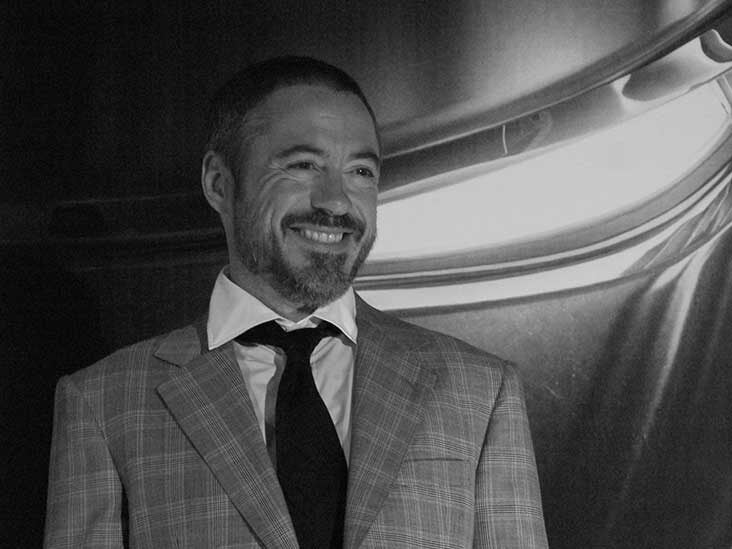
As a result, you may notice fewer outbursts, an increased ability to think logically, and a better perspective on the world and your ability to thrive in it. When you participate in CBT as a part of addiction treatment, you’re working to strengthen your control over your emotion and impulses, as well as make your thinking more flexible. The prefrontal cortex deals with reasoning and rational thinking. Your amygdala controls how you process fear and threats. CBT also increases brain activity in the amygdala and the prefrontal cortex. The growth of these networks can, in turn, help support positive change in your behavior. Neural networks also shape what you believe is possible. Those neural networks determine how you think, feel, and see the world. When you engage in cognitive therapy, you encourage neural network growth in your brain. But studies show that CBT can also help change dysfunctional behavior in your central nervous system, too. This specific type of behavioral therapy teaches you to identify and change destructive thought patterns that have a negative effect on your behavior.Participate in Cognitive Behavioral Therapy (CBT)
#Can you recover from crack addiction free
Once your body and brain are free of drugs, however, you are able to jumpstart your brain and prepare it for treatment, where you will learn to ignore drug cravings and adjust to functioning without drugs in your life. Drugs have caused your brain to temporarily malfunction. You might think of detox as a way to jumpstart your brain just as you would jumpstart a car. But as you continue and complete the detoxification process, you stimulate a re-adjustment of your brain’s natural chemical balance. At that point, you might experience some symptoms of withdrawal. At first, your brain and body will be thrown out of alignment by the sudden change. When you remove drugs from your body, you give your brain a fresh start to restore its balance.What Can You Do To Help Repair Your Brain? Luckily, there are steps you can take to help repair your brain. All of these effects have the potential to raise your risk of developing underlying mental health disorders. Hallucinogens can increase your anxiety levels and alter your sensory perception. Opioids might depress your central nervous system. Stimulants tend to interfere with your sleep patterns. Depressant drugs can slow your brain’s activity. You may also find it really difficult to overcome bad or harmful habits. If you’re unable to take in new information, you’ll find it hard to learn, adapt, or change your behavior. Drugs might affect the way your brain processes information. Drugs trick and rewire the brain’s pleasure system, making it more likely that you will take drugs again and again. When you’re struggling with substance abuse challenges, you may have trouble remembering bills, important dates, meetings, work obligations, or social activities. Some drugs can affect your brain’s hippocampus, which allows you to learn and memorize information. When the high is over, your emotions might become too much to bear, causing you to lash out emotionally or turn back to drug use. Many types of drugs can make it hard for you to experience emotions.

When this takes place, you might engage in risky behaviors. When you’re struggling with addiction, your brain tends to prompt strong impulse reactions. If your brain has been or is currently affected by drug use, you might notice changes in behavior that can include: While you might not feel any different or notice any significant changes at first, your behavior may gradually become erratic as your brain adjusts to drug use. Drugs can interfere with your brain’s normal chemistry. When you have a substance use disorder, your brain might not work as well as it should. Once balanced, your brain can begin to regain control of your impulses, emotions, memory, thinking patterns, and mental health. When you do, the brain can re-establish its chemical balance. The good news is that your brain can heal itself when you stop using drugs but you must create the right conditions to do so. If you’ve misused prescription drugs, heroin, cocaine, stimulants, depressants, hallucinogens, or other types of drugs, your brain may have sustained a considerable amount of harm. One of the most damaging side effects of drug abuse is damage to your brain. Addiction may impair the health of your body, interfere with your relationships, and change the way you perceive the outside world. Drug use can affect every part of your life.


 0 kommentar(er)
0 kommentar(er)
